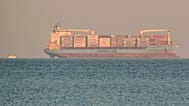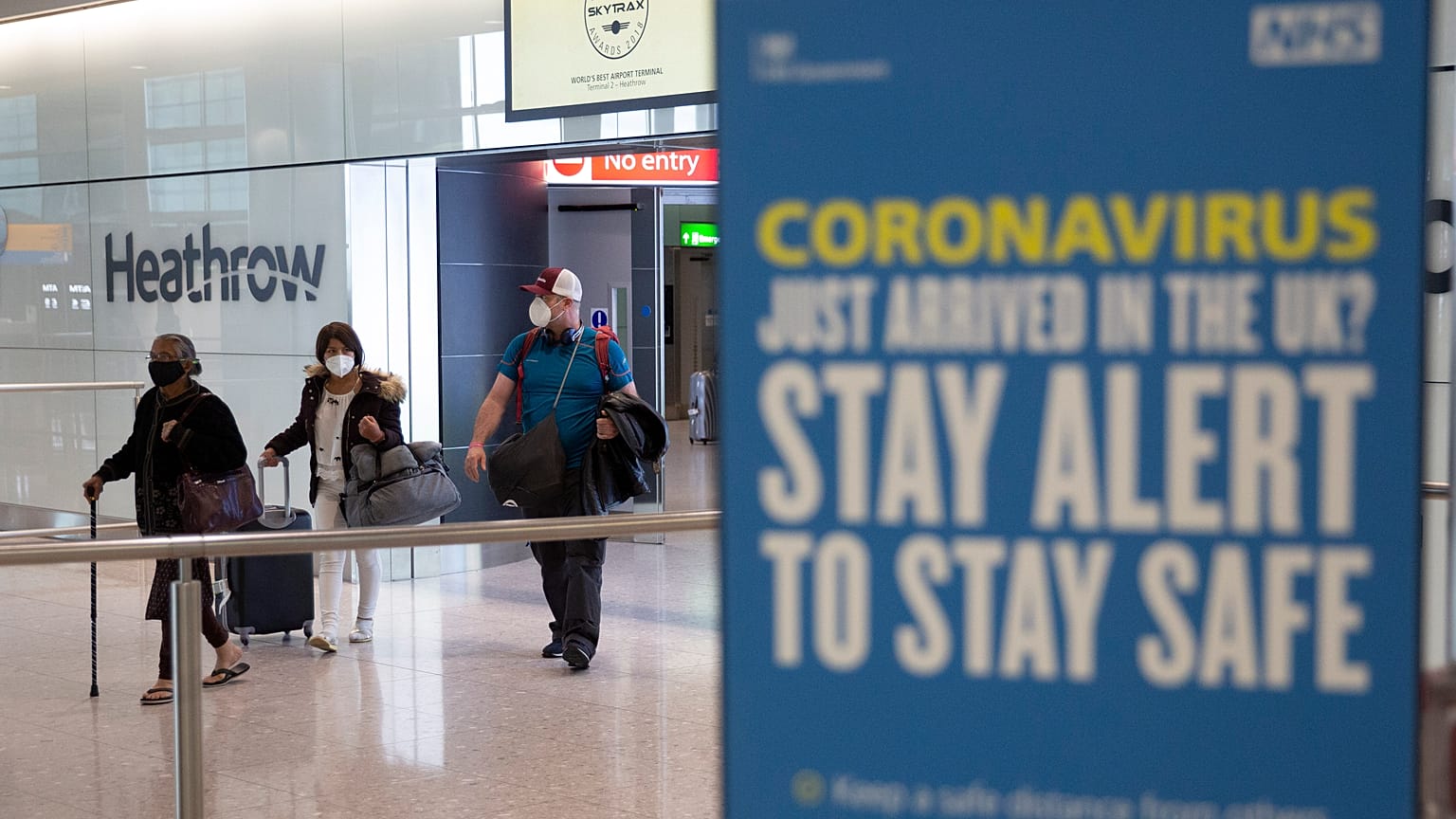The British government is under pressure to clarify plans to exempt arrivals from some countries from quarantine rules and allow Britons to travel abroad.
Since this article was published on Thursday there have been new developments; an updated version of the story is available here.
 ADVERTISEMENT
ADVERTISEMENT
 ADVERTISEMENT
ADVERTISEMENT
The British government is under increasing pressure to clarify what is happening over previously-announced plans for "travel corridors", exempting arrivals from some countries to avoid UK quarantine rules.
It has promised to ease current restrictions, but both the existing policy and confusion and uncertainty over planned changes have brought much criticism, notably from the tourism industry.
On Monday (June 29) Transport Secretary Grant Shapps confirmed that quarantine restrictions would soon be eased at all UK air, rail and sea borders. This would allow passengers from named countries to avoid the requirement to self-isolate for 14 days upon arrival, which was introduced on June 8.
He said a full list of countries whose arrivals would be exempt -- along with details of new foreign travel advice, which may enable Britons to go on holiday abroad -- would be announced "later this week".
But on Thursday a government spokesperson told Euronews they could not confirm what changes would be made or when the revised information would be revealed.
In the House of Commons, the transport secretary indicated that plans had been held up by the Scottish National Party (SNP). Scotland's First Minister Nicola Sturgeon has criticised the government for failing to consult her over the proposed changes.
Shapps said he would appreciate the SNP's "help in ensuring that air bridges can get going as quickly as possible".
Reports last week said the UK government was in seeking agreements with several European countries to allow travel between them with no requirement to quarantine on arrival and return.
But unconfirmed reports now say that as many as 75 countries may be on the government's planned exemption list -- including virtually all EU nations -- rendering the reciprocal "corridors" idea meaningless.
Last week the Association of British Travel Agents (ABTA) said the government appeared to be "finally moving in the right direction" but called for clarity so that companies could plan ahead. "It's not like turning on a tap," a spokesman said.
On Wednesday Ryanair CEO Michael O'Leary, who has called the quarantine policy a political stunt, was causing a huge amount of economic damage.
"These badly thought out, badly implemented policies which have no effect on COVID, are doing untold damage to British tourism, to British jobs and to the wider British economy and we need to get this stupid quarantine lifted," he argued.
Ryanair, EasyJet and British Airways have taken legal action against the government and are expected to go to court this Friday.
However, a leading union representing doctors warned last Saturday (June 27) that lifting summer holiday restrictions must be accompanied by clear guidance on behaviour and social distancing.
''The government has to match its relaxation of lockdown with some very clear proposals around avoiding and mitigating against the spread in holiday resorts,'' said Dr Chaand Nagpaul, Chairman of the British Medical Association.
Reports have suggested the UK's quarantine policy will be replaced with a traffic light system, with only travellers returning from "red" zones told to self-isolate.
Current advice from the UK Foreign Office warns "against all but essential international travel", but says it is under constant review.














